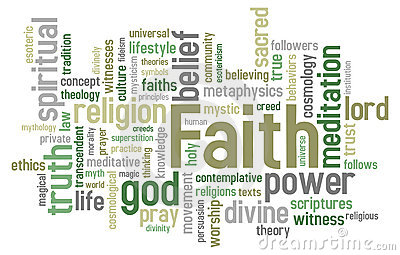There is always hope for a better future.
Keep hope alive! This phrase is most famously associated with Rev. Jesse Jackson, who used it repeatedly in his speeches and sermons during the Civil Rights Movement.
However, the phrase is much older. It has been traced back to at least the 16th century when it was used in religious and philosophical writings. For example, William Tyndale[1] used the phrase in his book, “The Pilgrimage of Grace”, where he encouraged his readers not to be overcome by despair.
Over the years, this phrase has been used by activists, artists, athletes, and everyday people to express their belief in the power of hope to overcome adversity. Today “keep hope alive” is still widely used. It is a reminder that even when things are tough, there is always hope for a better future.
Do we need to keep hope alive in the 21st century? Absolutely! With the ever-present vulnerability we share as humans in a chaotic world, our lives are forever saturated in the possibility of catastrophe.[2] Therefore we need hope. Welcome to our series, “Keep hope alive!”
Hope by any other name
Hope is defined as an optimistic state of mind that is based on an expectation of positive outcomes. Its synonyms include optimism and anticipation. The opposite of hope includes hopelessness and despair.
Hope is included as one of the three theological virtues mentioned in Paul’s letter to the church at Corinth. “And now abideth faith, hope, charity, these three.” (1 Cor. 13:13, KJV). To the church at Thessalonica, Paul acknowledges the saints for “their work of faith and labor of love and steadfastness of hope in our Lord Jesus Christ.” (1Thess. 1:3, RSV).
When we use the word hope in casual conversation, we often do so in a doubtful manner. However biblical hope is never “doubt-filled”. It is built upon a confident expectation of a future fulfillment based on God’s Word and God’s promises.
Threats to our hope.
As I watched the news this weekend, I was reminded of the challenges we face living in these perilous and tumultuous times. Wars in Ukraine and Israel. Gridlock in Congress. Violence and evil perpetrated upon our communities. Immorality and filthiness normalized. What producers thought would be “interesting and important”, only increased my anxiety and threatened my hope.
The writer of Hebrews, however, reminded me that as believers we have a “sure hope” in God through Jesus Christ. We have hope as “an anchor for our souls, both sure and steadfast.” (Heb. 6:19).
Hope as an anchor of the soul.
Hope will sustain us during difficult times. The writer of Hebrews depicted hope as an anchor. It was a familiar object that would illustrate God’s strong attachment to us. This anchor was “sure and steadfast”.
Sure is interpreted to mean “something that can be relied upon”. Steadfast continues this thought of God’s hope. It adds the descriptors of “trustworthy, firm and secure”. The anchor represents the Object of our faith who is Jesus Christ. Jesus has secured our position for eternity—past, present, and future.
Hope in God continues to be the message that will sustain us today in these troubling times. Our hope is based on the immutability of His word (Heb. 6:17-18), the certainty of His promise (Rom. 4:16) and the assurance of His presence (Rom. 15:13). It is this hope that gives us confidence and the ability to persevere. It is our hope in God that will “keep hope alive.”
[1] (1994-1536) Leading figure in the Protestant Reformation and translator of the Bible into English.
[2] Hope: Why it matters, Harvard Health Publishing, Harvard Medical School, July 16, 2021


